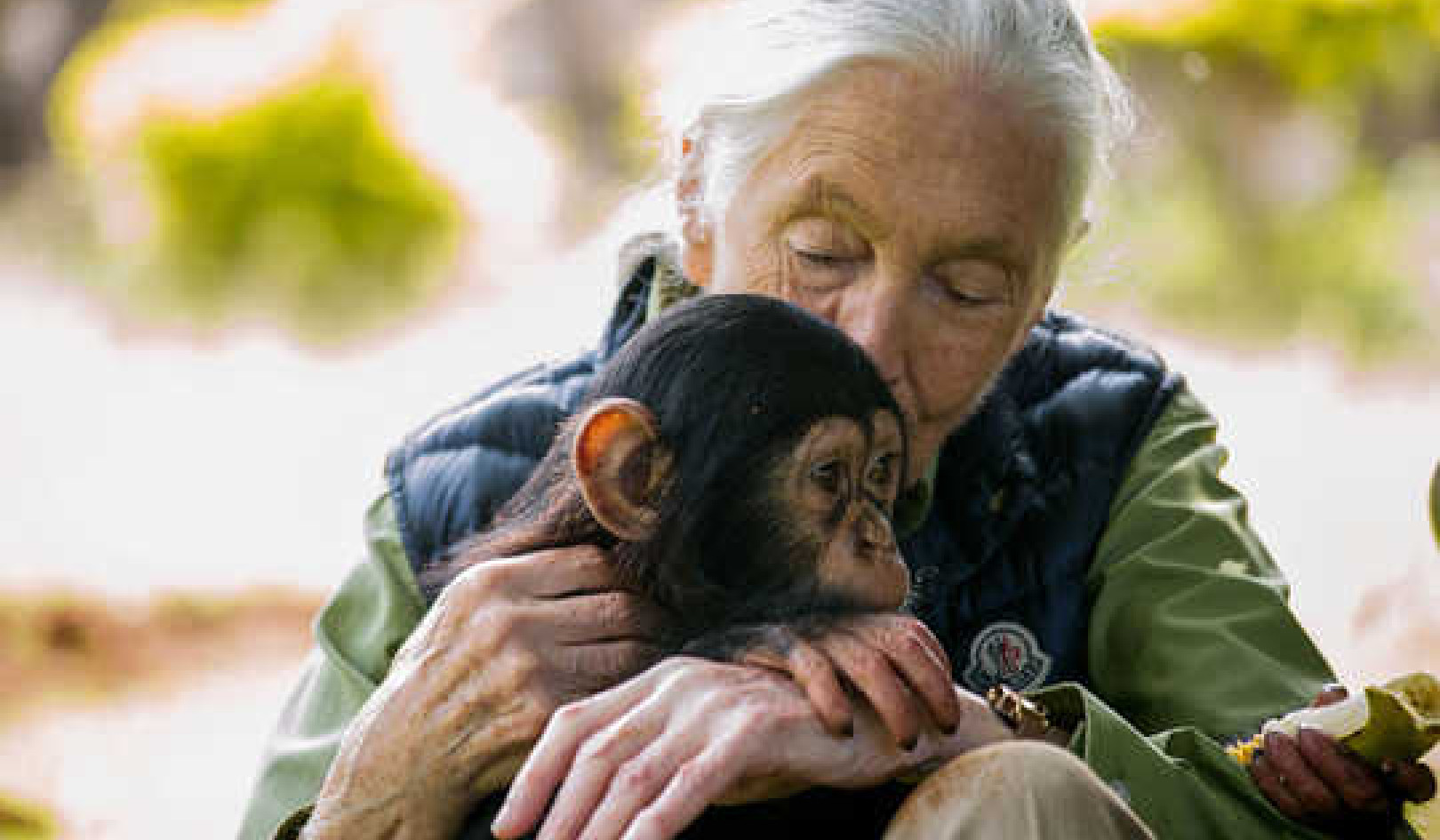
Image by prettysleepy1
All things are alive, and all possess intrinsic worth. Native American spirituality focuses on the harmony and balance that come from our connection with all parts of the universe in which everything has the purpose and value exemplary of "personhood," including all plants (e.g., "tree people"), animals ("our four-legged brothers and sisters"), rocks and minerals ("rock people"), the land ("Mother Earth"), the winds ("the Four Powers"), "Father Sky," "Grandfather Sun," "Grandmother Moon," and "The Red Thunder Beings." As with humankind, all of these beings possess intrinsic worth and natural purpose in the greater scheme of things.
Within this view lies the most powerful sense of belonging and connectedness, as well as a deep respect for "all our relations." Spiritual "being" essentially requires only that we seek our place in the universe; everything else will follow in good time. Since everyone and everything was created with a specific purpose to fulfill, no one should have the power to interfere or to impose upon others which is the best path to follow. This is the value of choice.
The Practice of Noninterference
In the Medicine Way, the significance of relationship lies in a balance struck between an all-encompassing sense of belonging and connectedness with our relations and the practice of noninterference. The highest form of respect for another person is respecting his or her natural right to be self-determining. This means not interfering with another person's ability to choose, even when it is to keep that person from doing something foolish or dangerous. Every experience holds a valuable lesson -- even in death, there is valuable learning that the spirit carries forth. Noninterference means caring in a respectful way. And it is the way of "right relationship."
Interfering with the activity of others, by way of aggression, for example, cannot and should not be encouraged or tolerated. This is not only disrespectful, but it violates the natural order of harmony and balance in which each being has to learn and experience life in his or her own way. Each person, each living being on Mother Earth, has his or her own Medicine that should not be disrupted or changed without that person choosing it. This is part of the learning. What moves the Circle is choice, and what keeps the Circle is kindness and respect for the natural flow of life-energy.
Patience: The Number One Virtue
Jimm Good Tracks has said that "patience is the number one virtue governing Indian relationships." Respect often requires patience -- demands patience -- of us since things are rarely going to go the way that we expect them to. Yet, we have the tendency to want to change how things are, rather than changing what we expect. "Pain" is really nothing more than the difference between what is and what we want it to be. To be respectful of all things, we often must sacrifice expectation.
This is the real beauty of noninterference. It gives us the ability to release some of the things that would otherwise bind us or weigh us down and disrupt our own natural flow. Indeed, some things really are "out of our hands," or at least we should approach them that way. Why take on the burden of something that would be better left alone or to run its own course, especially when it involves the choices of others? What others choose is not something we can control, nor should we attempt to do so. It is harmful both ways. Besides, what others choose is none of our business, and we should never assume that it is. This shows lack of wisdom and respect. It also shows a lack of trust in others' ability to choose, to experience, to learn.
You might be thinking, "Well, what if what they are choosing affects me?" This is a very valid and wise question. And truly, in the Circle, what others choose affects us all. We can only hope that they are walking the path of Good Medicine, and we can do what we must to protect ourselves if they are not. But it is never our place to change or influence them or their energy -- unless we have permission from them. Even then, they still possess choice. Permission is very, very important. Think of how many times someone has entered "your space" without bothering to ask permission. How did that make you feel? How do others feel when you do the same to them. Is it any different? Is it necessary?
Why Is Respect So Important?
Think about the word "respect." What does it mean? What does it really mean? Well, it can mean many different things. But the word itself refers to the idea of "looking again" taken from the Latin ("re-" back + "specere" to look). What it implies is an openness and willingness to take a good look with deferential regard, or to view something or someone with great interest and admiration.
So why is respect so important? In order to answer that question, I will ask you by contrast to think back on some of the times when others have not bothered showing respect for you or the things that are important to you. Rather than asking if you now know the answer, I will ask if you feel the answer. Those times that you recalled were times in which your harmony and balance were disrupted, were they not? So why is respect so important? It is an honoring of the intrinsic worth possessed by every living being in the Greater Circle where nothing is greater or lesser than anything else. "All things are connected like the blood that unites one family."
Very often we think of respect in terms of something tangible that others must give to us when we have power over them in some way. We think not in terms of "relation," but in terms of "domination" and thus, "expectation." And so, even without thinking about it, we strive for power over others in some rather clever ways. That's real respect, right? Wrong.
Respecting Sacred Space
All of us have our own personal distance, or our own "sacred space" that is controlled only by us, and filled only by us unless we invite someone else into it. And every one of us has, at one time or another, experienced a violation of our sacred space whether it was intentional or not. For example, someone bumps into us or stands too close. There are obvious social and cultural norms for what is considered appropriate distancing between people. However, there are many circumstances under which people have little choice over distancing as others violate our sacred space, either knowingly or unknowingly. We all know that feeling of awkwardness, of tension, of irritation, or outright anger and hostility. How dare they be so presumptuous and inconsiderate, right?
Sacred space is more than just physical space. It consists of all Four Directions, in the realm of mind, body, spirit, and natural environment. Just as we have all had the experience of someone bumping into us and not saying that they were sorry, we have all had the experience of someone telling us what to do, or pressuring us, or criticizing us, or manipulating us, and not giving us the choice or the chance. All these things take away choice, disrespect choice, and show little sign of "regarding with interest, deference, and admiration." And we have done the same to others as well. No one likes to be controlled.
People are not meant to be controlled. No one wants to feel as though a choice is being violated. It does not feel good. Such things as asking intrusive questions, interrupting, speaking for others, telling others what to do, arguing, blaming, using sarcasm, sulking, being condescending, nitpicking, or using threats (both spoken and unspoken), are all fairly common occurrences. And we wonder why we may not feel well so much of the time? It is because we are violating the natural laws of Creation. It does not matter why we do it, what matters are the consequences of such actions that result in disharmony and discord.
Letting Go of Expectations & Assumptions
Now, think about the word "expect." Literally, it means "looking out" from the Latin ("ex-" out + "spectate" to look at). Many times we interfere with others and others interfere with us simply because we have all done so without looking or by only looking out and never looking within. In some cases, we are not aware of what we do not see. In other cases, we are aware, but simply ignore what we see in favor of achieving whatever goal we have set for ourselves or others. And very often, we don't really need to achieve that goal as much as we think we do, or if we do need to achieve it, there is an appropriate way of going about it so as not to disrupt the natural flow of energies in harmony and balance. This is where the Harmony Ethic really comes in handy, for instance.
Noninterference stresses the importance of always asking permission, and not making unnecessary assumptions about others. It reminds us to always be thankful for what we have and not "expect" more than that, but rather to show "respect" for what we do have, and for the Greater Circle of which we are all a part. Think about the words "need to," "have to," "should." These words never cross your lips, right? Think about how often you use these words with others or yourself. Now and in the future, try a little experiment by attempting not to use these words on others or yourself. Eliminate them from your vocabulary if you can. Catch yourself as you think them. Try to catch yourself before the words leave your mouth, and think about what it is that you are saying or doing, and whether or not it is with respect ... or expectation. Replace "need to," "have to," "should" with words like "want to," "choose to," "would like to" and see how it changes your life, your very way of thinking.
Above all, "respect" for others through patience, openness, and flexibility ultimately shows respect for yourself and your community. It is not uncommon in the traditional way for the withdrawal of a person during times of crisis to be allowed without question by the group, and without expectation. In addition, that person is to be welcomed back into the group without a required explanation for his or her absence. There is no need to interfere by asking what is wrong or offering solutions. Respect for another dictates that when a person is ready to share information, he or she will do so. Likewise, if a person is in need of assistance or advice, he or she will ask.
Patience and Respect
Virtue is a patience. Noninterference shows us that caring and respect are not one-in-the-same, but that both are required for harmonious relations. One of the highest forms of caring for another person comes through the expression of respect, that is, respecting a person's right and ability to choose, and practicing the patience to allow this person to do just that. This respect could be as simple as asking permission before touching someone.
We all help to create ourselves and experience our own Medicine through choices that are made. Every person deserves the opportunity and respect to make his or her own choices. There are lessons to be learned through the making of choices, and certain truths to be experienced through respect for the autonomy and presence of all living things.
The same philosophy applies to our relation with nature in which permission must be asked before taking, and thanks must be expressed by giving back in some way. This could be as simple as a small prayer giving thanks. It might mean sprinkling a little tobacco as an offering of gratitude for whatever has been received. It is not too much to ask, yet it makes a world of difference, and a real difference in our world.
Reprinted with permission of the publisher, Bear & Co.,
a division of Inner Traditions Intl. ©1996.
http://www.innertraditions.com
Article Source
Medicine of the Cherokee: The Way of Right Relationship
by J.T. Garrett and Michael Garrett.
 Discover the holistic experience of human life from the elder teachers of Cherokee Medicine. With stories of the Four Directions and the Universal Circle, these once-secret teachings offer us wisdom on circle gatherings, natural herbs and healing, and ways to reduce stress in our daily lives.
Discover the holistic experience of human life from the elder teachers of Cherokee Medicine. With stories of the Four Directions and the Universal Circle, these once-secret teachings offer us wisdom on circle gatherings, natural herbs and healing, and ways to reduce stress in our daily lives.
Click here for more Info or to Order this book. Also available as a Kindle edition.
More books by these authors
About the Authors
J.T. Garrett, Ed.D., and his son, Michael Garrett, Ph.D., are members of the Eastern Band of Cherokee from North Carolina Asstudents and teachers of Indian Medicine, they draw on the ancient wisdom teachings of their Medicine Elders on the Cherokee Reservation in the Great Smoky Mountains. The Garretts have developed ways to present the "old teachings" to effectively guide people today to appreciate and understand living the "Medicine Way."




























